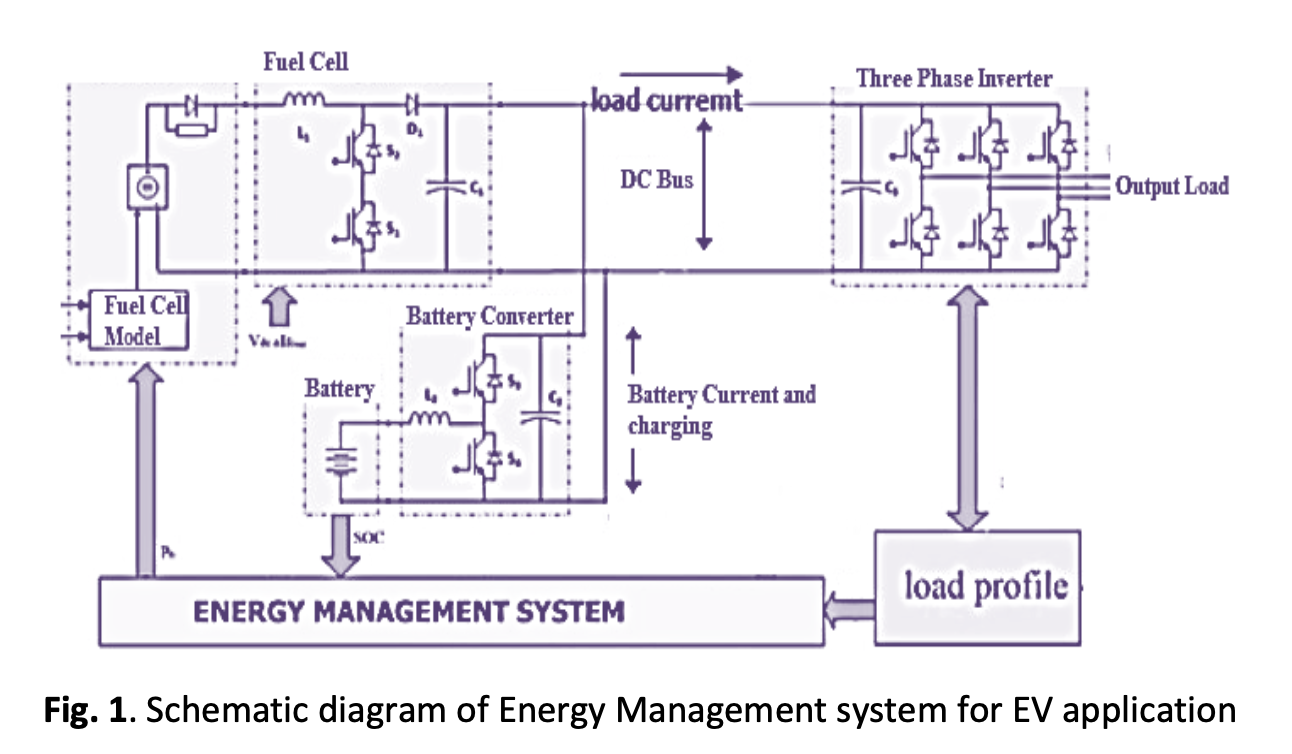Hybrid PV and Fuel Cell Generating System for Shipboard Applications Based on Optimal Dispatch Evaluator Algorithm
DOI:
https://doi.org/10.37934/araset.36.2.131146Keywords:
Photovoltaic, Single-ended primary inductance DC-DC converters (SEPIC), High gain converter DC-DC, Energy management system (EMS), Electric ships (AESs)Abstract
The construction of an Energy Management System (EMS) for ships has been designed to improve the electrical performance of cruise lines. According to the target requirement, the specified electrical plant is an integrated power system characteristic of contemporary electric ships. Battery backup, low performance, and voltage instability are the drawbacks of the existing method. To overcome the limitations of the proposed method-based Photovoltaic (PV) renewable source using SEPIC DC–DC converters and a bidirectional fuel cell as an additional input power source. Power generation from the two different input sources is controlled through a DC bus and conversion through a centralized high-gain DC–DC converter. In this conversion, Pulse Width Modulation (PWM), which is the maximum power obtained using the optimal dispatch evaluation algorithm using an Artificial Neural Network (ANN), is obtained by adjusting the duty ratio of the Single-Ended Primary Inductance DC–DC converters (SEPIC). The electrochemical power source is a fuel cell. Hydrogen and oxygen are combined in fuel cells to create electricity, along with the consequences of heat and water being transformed into mechanical energy; in the battery management system, the battery is employed as an energy storage system to regulate any power imbalance or excess while taking the battery’s state of charge into account Electric Ships (AESs). The outcomes of the MATLAB Simulink output, fuel cell and battery storage performance analysis, efficiency, and THD analysis are summarized as follows.




























